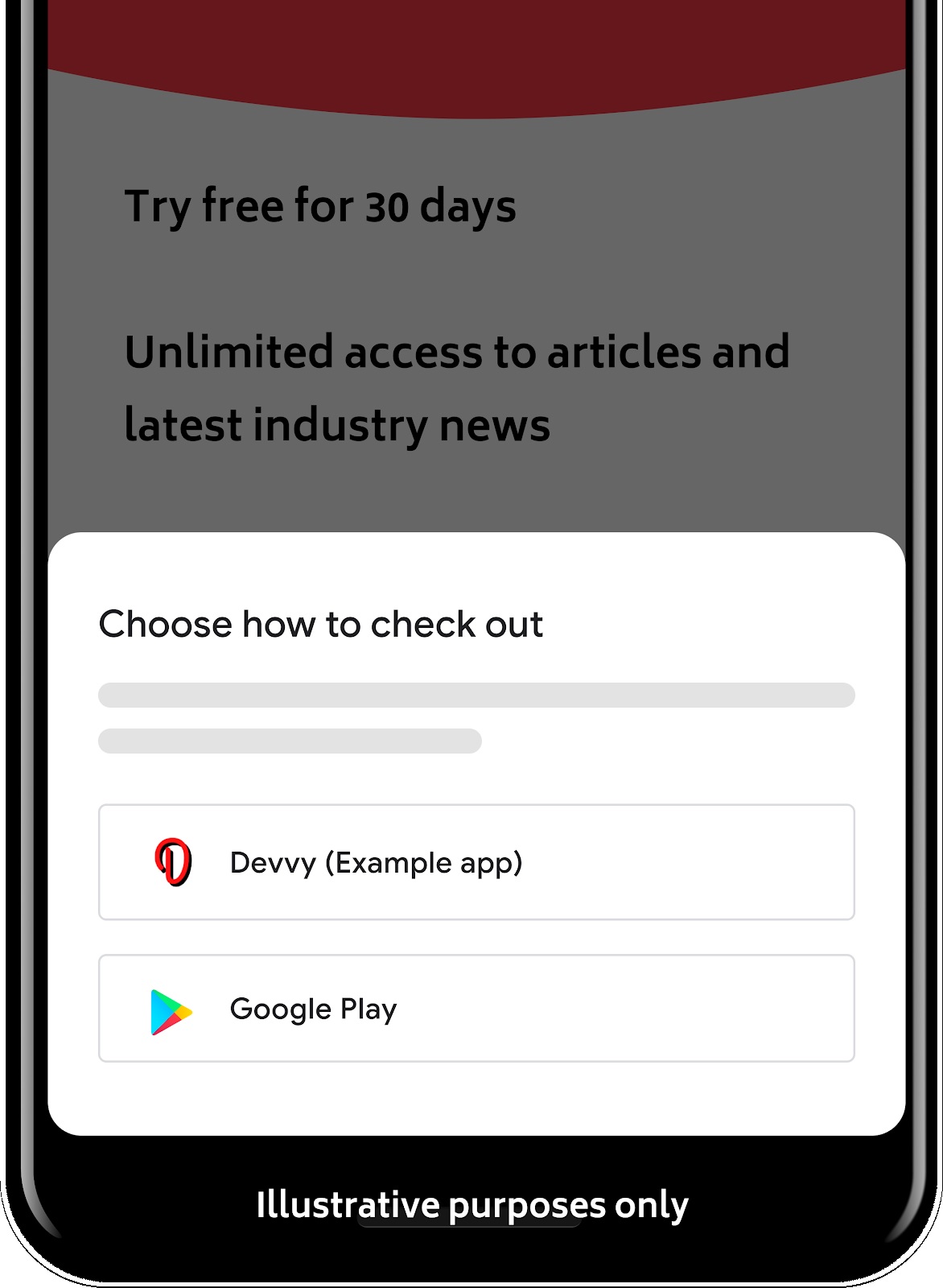Google opens its in-app payments system

Regulators can bend the web giants. South Korea has succeeded in forcing Google to accept other payment methods for in-app purchases within its ecosystem. This is a first step on a global level, which opens the way to a new market for payment specialists.
FACTS
-
Last August, South Korea imposed a new legislation called "Telecommunications Business Act". This text plans to impose an opening to Google and Apple, forcing them to accept other in-app payment systems and not only their proprietary services.
-
Google, which is the leading operating system in South Korea, has been trying to capitalize on its power to avoid this new obligation, which represents a significant loss of revenue.
-
However, a recent post on the web giant's blog signals the end of the resistance. Android developers will now be able to add an alternative in-app billing system to their applications.
-
However, Google will still charge 11% on these transactions for alternative billing systems, compared to 15% for transactions paid via its own in-app payment system (for the vast majority of developers).
-
Google also stresses that it does not provide the same level of security for these new in-app payment methods, nor the same level of service (parental control, family payment method and other subscription management).
-
KEY FIGURES
-
More than two million developers are working on Google Play and have 2.5 billion users in 190 countries.
-
The Android ecosystem covers more than 3 billion active devices worldwide.
CHALLENGES
-
The end of a hegemony: The South Korean law has just achieved a world first by imposing on Google and Apple an opening to third-party payment systems for integrated purchases.
-
The beginning of a long battle: If Google plays the game in Korea, it is not the case for Apple. The American firm is hypocritical in refusing to change its current policy, arguing that it already allows developers to redirect their users to alternative payment methods outside the Apple Store to validate their purchases. A non-integrated model that is obviously more complex and synonymous with a break in the purchasing act.
-
A difficult decision to internationalize: The South Korean decision also echoes the lawsuit that currently pits Apple against Epic Games in the United States. The creators of the video game Fortnite are fighting so that Apple does not have the right to impose its system of in-app payments on which a commission of 30 to 15% is applied. A first court decision did not satisfy Epic Games, which decided to appeal and thus continue its legal battle against Apple.
MARKET PERSPECTIVE
-
App Annie, an American industry specialist in the mobile market, presented its annual report "The State of Mobile 2021" earlier this year. Unsurprisingly, the report shows that the health crisis has had an extremely positive impact on the mobile application market.
-
The sector has seen unprecedented growth in one year, which would normally have been recorded over a period of 2 or 3 years.
-
Globally, $143 billion was spent on mobile apps in 2020, up 20% in one year. Global mobile users spent an average of 4.2 hours per day on their mobile, 7% longer than a year earlier.
